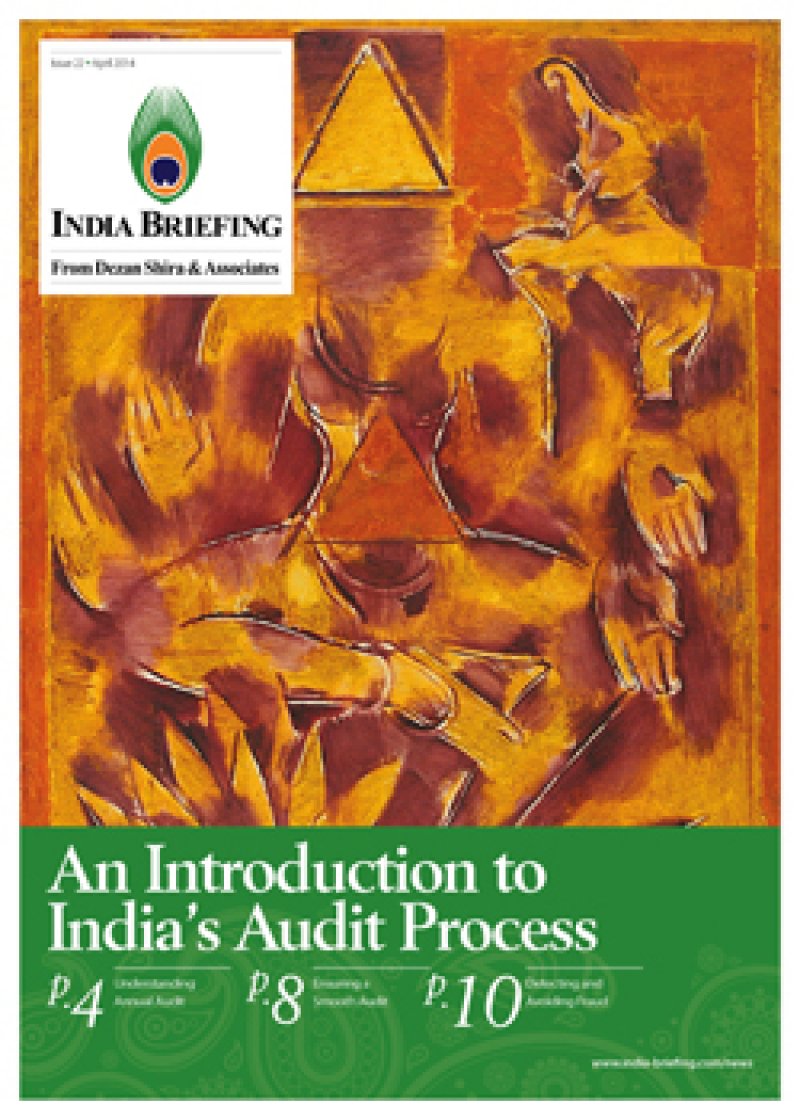
An Introduction to India's Audit Process
Published: April 2014In this issue of India Briefing Magazine, we provide readers with an overview of India’s annual audit process and offer important tips for the smooth navigation of the country’s audit regulations and accounting standards. We begin by explaining the two most common types of audit in India, statutory and internal audits, and then outline how India’s accounting standards differ slightly from the widely accepted IFRS and IAS protocols.
No. of Pages: 12 pages
In this Issue:
- Understanding Annual Audit: An Overview
- Ensuring a Smooth Audit: Key Considerations
- Detecting and Avoiding Fraud
- Expert Commentary: Audit of a Registered Entity
The beginning of India’s audit season marks the close of the business year, and is often a hectic and busy time for foreign companies with operations in the country.
In this issue of India Briefing Magazine, we provide readers with an overview of India’s annual audit process and offer important tips for the smooth navigation of the country’s audit regulations and accounting standards. We begin by first explaining the two most common types of audit in India, statutory and internal audits, and outline the standard steps and procedures an Indian auditor will follow in each. Because India’s accounting standards differ slightly from the widely accepted IFRS and IAS protocols, it is extremely important for foreign invested enterprises to maintain an awareness of these discrepancies and prepare for annual audit in a timely and organized manner. By reviewing these accounting differences, as well as the documents and receipts typically requested during an annual audit, it is our hope that this issue of India Briefing will enable readers to become significantly more comfortable with pre-audit preparations, and ultimately find the audit process as a whole easier to follow and understand.
While foreign invested enterprises may approach India’s audit season with some degree of trepidation, an auditor’s report can be an invaluable tool for both the detection and avoidance of fraud. By discussing fraud detection and avoidance, we will seek to highlight the subtle differences between error and fraud while touching upon risk management strategies. Effective audit professionals will seek to obtain a comprehensive understanding of a company’s accounts and activities so as to enable the early detection of fraud by management.

